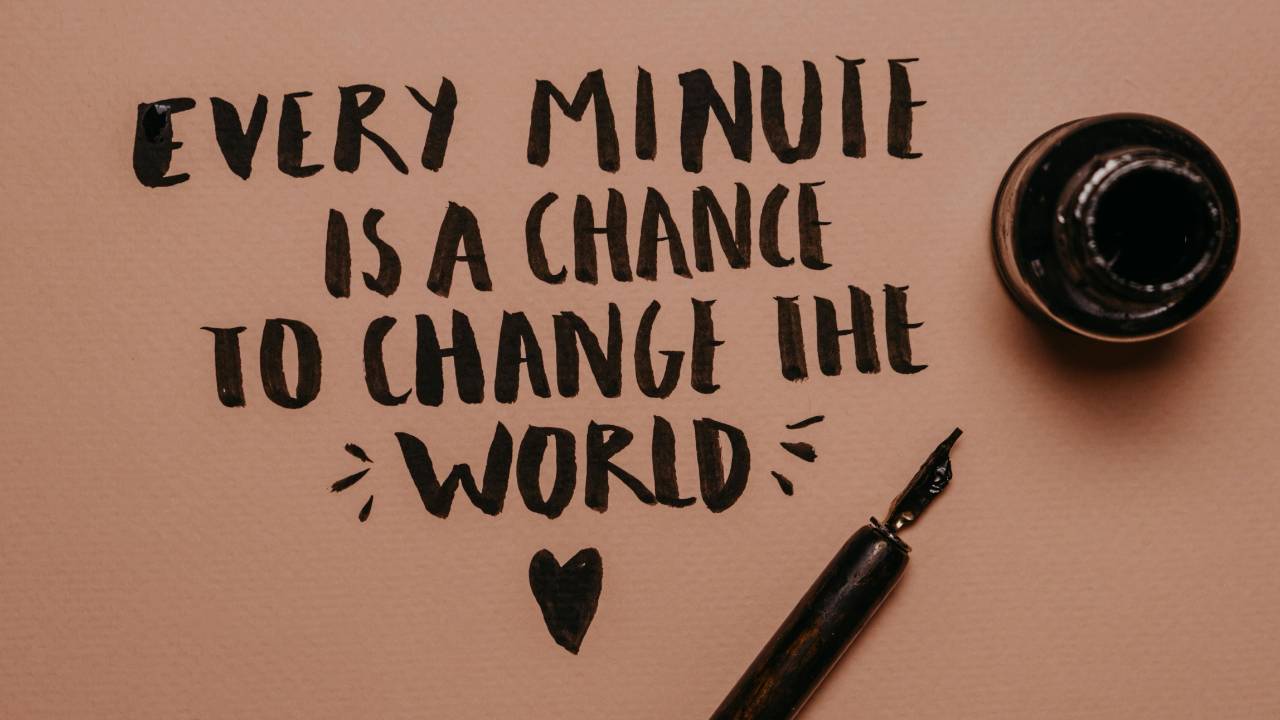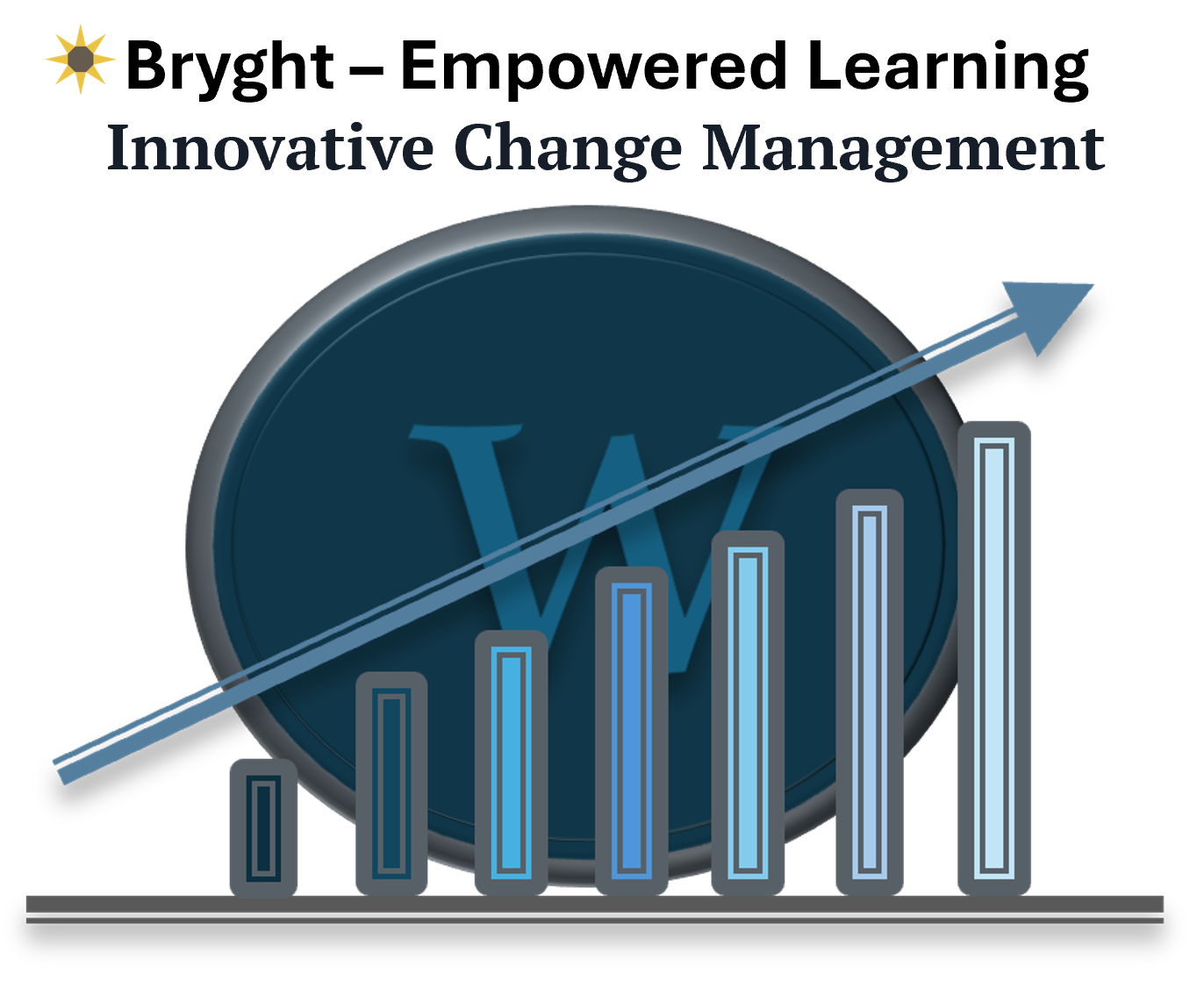What Is Unconscious Bias?
Unconscious bias stems from the brain's need to process vast amounts of information quickly. To do so, it relies on mental shortcuts, which can lead to snap judgments based on race, gender, age, appearance, or other characteristics. For example, assuming someone’s competency based on their accent or underestimating a colleague because of their gender reflects unconscious bias at work.
While these biases are not inherently malicious, they can perpetuate systemic inequalities and hinder meaningful connections. Recognizing that unconscious bias exists within all of us is the first step toward mitigating its effects.
How Does Unconscious Bias Impact Us?
Unconscious biases affect hiring decisions, workplace dynamics, and social interactions. They can create barriers for marginalized groups, limit innovation by stifling diverse perspectives, and foster environments where individuals feel undervalued or excluded. On a personal level, biases can prevent us from understanding others fully, reinforcing stereotypes and perpetuating cycles of misunderstanding.
Steps to Improve Your Perspective and Mitigate Bias
-
Increase Self-Awareness
- Reflect on your assumptions and gut reactions. Ask yourself why you think or feel a certain way about someone or something.
- Take implicit bias tests, like those from Project Implicit, to uncover hidden prejudices.
-
Seek Diverse Experiences
- Engage with people from different backgrounds, cultures, and perspectives.
- Attend cultural events, read books, or watch films that challenge your worldview.
- Be intentional about expanding your social and professional networks.
-
Practice Mindful Listening
- Approach conversations with curiosity and openness, focusing on understanding rather than judging.
- Avoid interrupting or imposing your own interpretations on someone else’s experiences.
-
Challenge Stereotypes
- When you notice a biased thought, question its validity. What evidence supports or contradicts it?
- Replace stereotypes with more nuanced and individualized understandings of people.
-
Foster Inclusive Environments
- In professional settings, implement practices that prioritize diversity and equity, such as blind hiring processes or diverse interview panels.
- Advocate for policies and practices that promote inclusivity in your workplace or community.
-
Educate Yourself
- Stay informed about social issues and biases through books, articles, and workshops.
- Consider unconscious bias training programs to deepen your understanding and commitment.
-
Commit to Lifelong Growth
- Unconscious bias is not a one-time fix; it requires consistent effort and reflection.
- Regularly revisit your beliefs and behaviors, striving for continuous improvement.
The Benefits of Addressing Bias
When we confront unconscious biases, we create opportunities for personal growth and stronger relationships. In professional settings, mitigating bias can enhance collaboration, attract diverse talent, and improve decision-making. On a societal level, addressing these biases helps build more equitable and inclusive communities.
Final Thoughts
Acknowledging and addressing unconscious bias is a powerful way to broaden your perspective and contribute to a more inclusive world. By committing to self-awareness, education, and intentional action, you can overcome ingrained stereotypes and foster meaningful connections with others. Improving your perspective is not just about fairness—it’s about unlocking the potential of diverse thoughts, experiences, and ideas to create richer, more rewarding interactions and outcomes.
Wilhelmina Stöcker
Founder Bryght Empowered Learning
www.bryghtel.com





